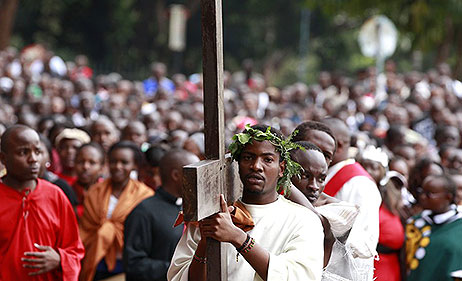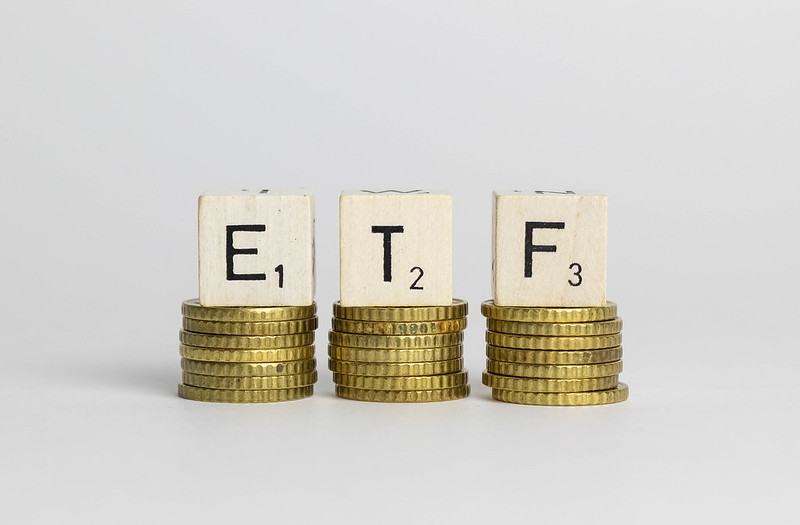Easter is one of the most important Christian holidays as it marks the celebration of the death and resurrection of Jesus Christ after the crucifixion (Good Friday). Global statistics report that Africa is home to about 685 million Christians, and the numbers are likely to ramp up to over 760 million in 2025. With Africa being predominantly religious, the Easter celebrations are unsurprisingly grand every year.
Every year, the Easter’s date vary. From the early Christianity, Easter preparations start on ash Wednesday. People of Christian faith, especially Catholics start by the Holy week. This is marked by palm Sunday. During the holy week, people celebrate Maundy Thursday, Good Friday, Holy Saturday, and finally the Easter day.
Become an insider. Subscribe to our newsletter for more top trending stories like this!
Holy Thursday people celebrate the last supper and commemorate the day Jesus washed His disciples’ feet. The date of Easter or the Easter Sunday used to be the First Sunday following the the first full moon after the spring equinox. Its based on the lunar cycles of the Jewish calendar.
Nowadays, Easter’s date is based on the Gregorian Calendar,i.e. the Sunday following the Paschal full moon. However, the Eastern Orthodox churches base their Easter season on Julian calendar.
This article discusses the best Easter celebrations and traditions in Africa.
Easter in Africa – The Best Easter Traditions in Africa
Church Service
Church service is one of the most crucial parts of celebrating Easter in Africa because of its spiritual significance. On the morning of Easter, Africans go to church for a special praise and worship service wearing the best outfits. The church itself is often decorated with white fabrics or traditional clothes.
These interesting traditions are celebrated everywhere, doen’t matter whether protestants, Catholics, or Orthodox.
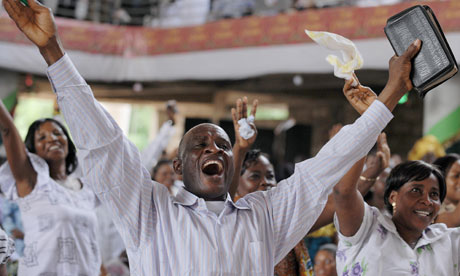
They listen to special Easter sermons to commemorate the occasion and reflect on the reason for the season. Some African communities may celebrate with an Easter vigil.
It is also usual for Africans to have baptisms because one of the purposes of Easter is to celebrate rebirth, restoration, and washing away of man’s sins by the Messiah. South Africans worship with a lot of enthusiasm, dancing, singing, and clapping. They do a traditional dance called the Mkhukhu, which involves a lot of foot-stomping.
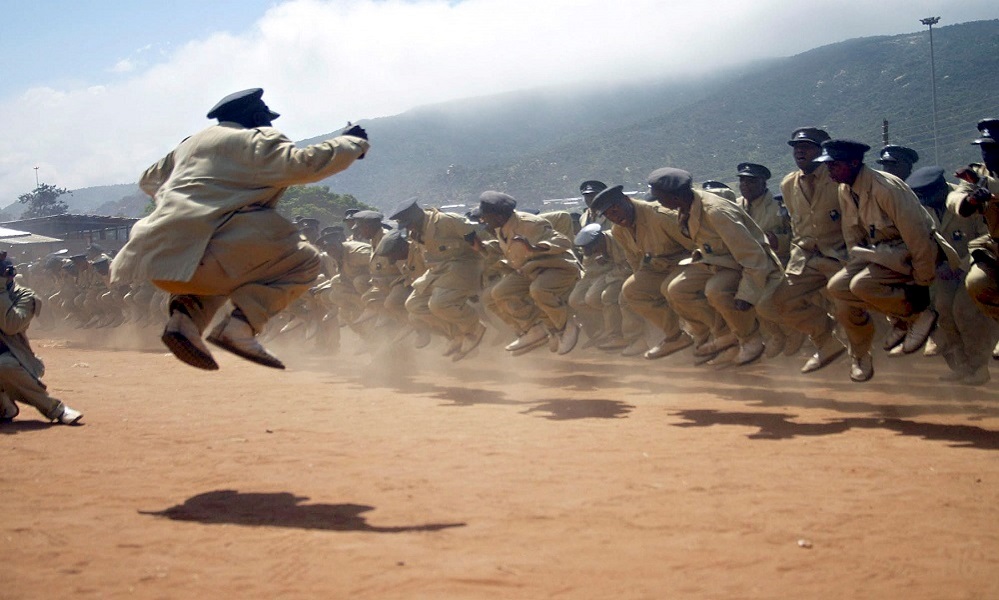
Family Gatherings
Easter in Africa isn’t complete if the people don’t take advantage of the holiday to spend time with family and unwind. After the church service, you will usually find Africans spending the holiday at parks, malls, beaches, restaurants, and other recreational centers.
Since the season offers Good Fridays and Easter Monday as holidays, people plan accordingly with ease.
Africans are communal people, so their celebrations involve a lot of family visits and gatherings. People even travel far and wide to be with their families for Easter. As a family, they cook elaborate traditional meals to enjoy and serve their neighbors or guests that may stop by.
Sharing Food
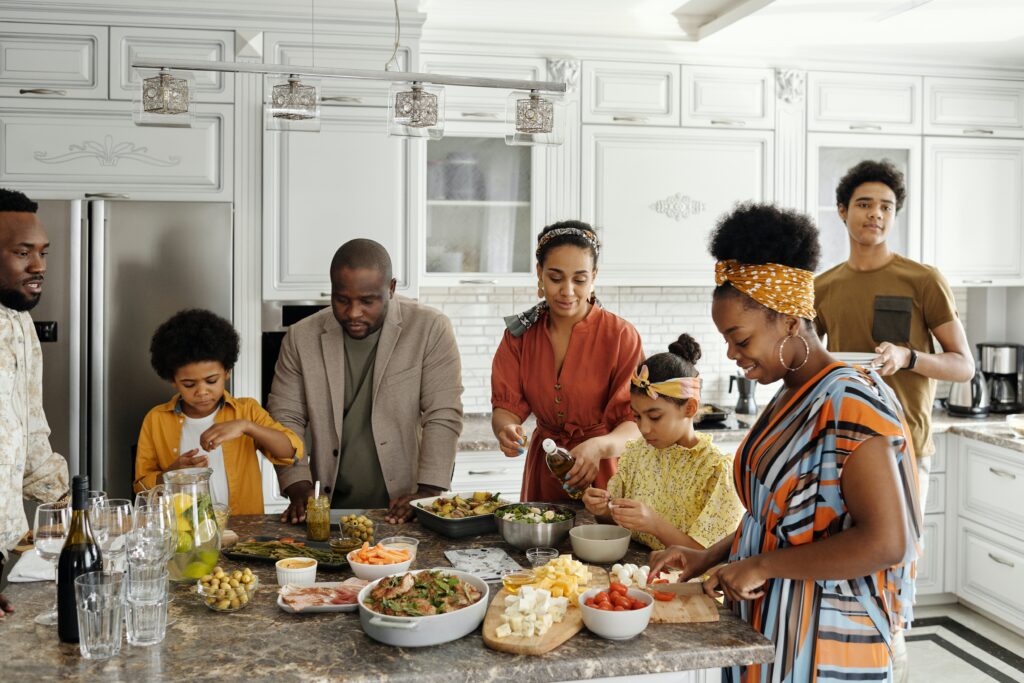
Food is an essential element in every African celebration, Easter inclusive. Ethiopian Easter delicacies are incomplete without the Dabo, a savory dough bread. Kenyans munch on Ugali, and Nyama Choma, grilled goat meat.
Become an insider. Subscribe to our newsletter for more top trending stories like this!
The Nigerian jollof rice is a go-to Easter dish in the country. In South Africa, they savor pickled fish and braai snoek, a grilled butter Apricot dish with steak, chicken, or lamb that graces every South African celebration table.
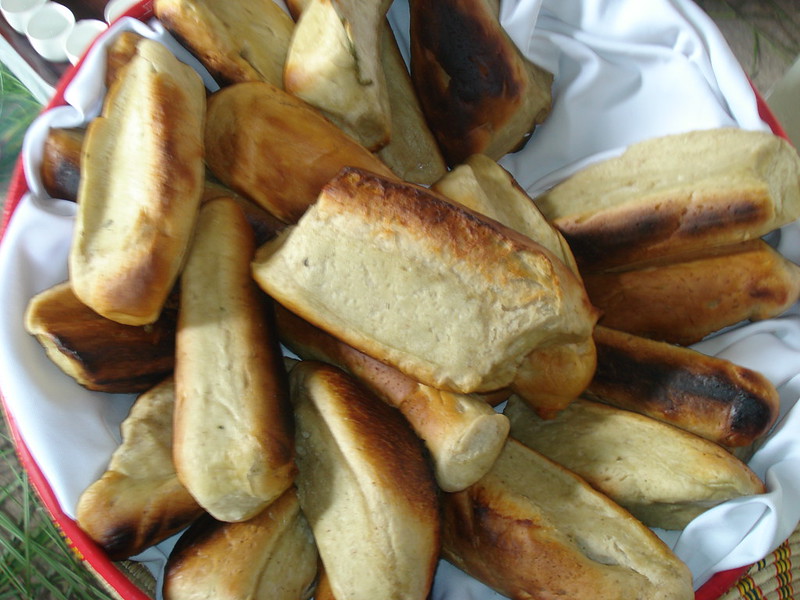
Sharing Gifts
Gift sharing is also closely associated with African celebrations. Many people gift families with traditional cloth fabrics called Kente, a Ghanaian hand-woven strip of clothes, or Ankara, a West African wax print material. Both fabrics have vibrant colors and can be sewn into different styles.
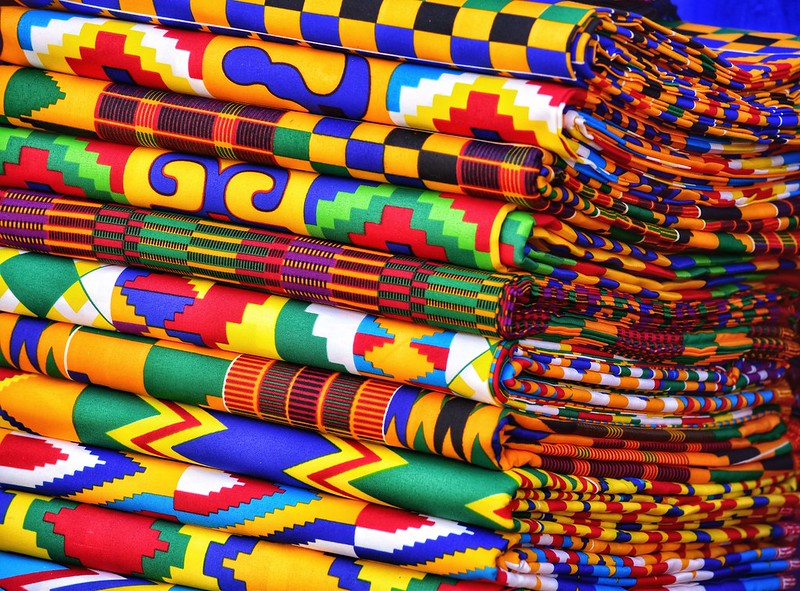
Africans also gift money, foodstuff, clothes, drinks, and hampers with different items.
While many Africans celebrate Easter in the same way (colorfully and party-like), some countries have unique practices. In Ghana, they engage in sports and entertainment festivals such as the Annual Easter Comedy, which features standup comedians from across Africa. They also have the Ghana Paragliding Festival, an international fest where seasoned pilots fly people in hot air balloons at Kwahu Abie.

On the other hand, Rwandans celebrate Easter alongside the anniversary of the civil war that started on April 7, 1994.
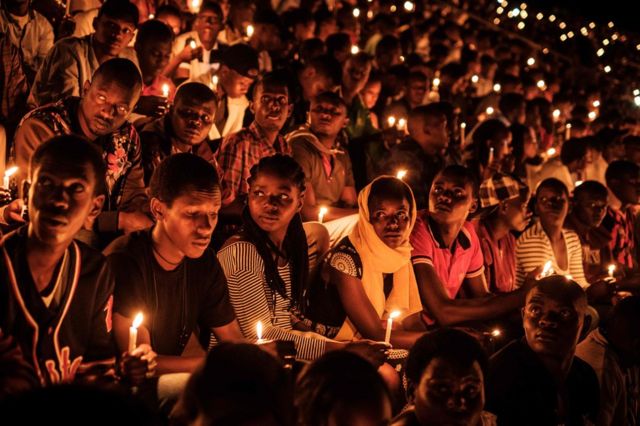
The war caused a genocide in which the Hutus killed about 800,000 people of the Tutsis minority group. So, the celebrations are a bit more solemn in the country in commemoration of the victims of the genocide. The people engage in sober reflection as the sufferings of Jesus Christ in the biblical times are celebrated as well as the sufferings of historical Rwandans.
Easter- Meaning and Symbols Used
African Christians, understand Jesus as the paschal lamb and their redeemer. Although this understanding came from the Jewish Passover, it has been accepted by all Christians. Several weeks after Easter Sunday, they celebrate the day of Pentecost.
To mark this season, people use some items as symbol of Easter. For example, the Easter baskets, hare, rabbit, Easter egg hunts, candy, and Easter bunny. Eggs are seen as symbol of new life.
Nearly 80% of consumers visit directories with reviews to find a local business. List your business for free in our exclusive Spotcovery Black-Owned Business Directory.
Become an insider. Subscribe to our newsletter for more top trending stories like this!


